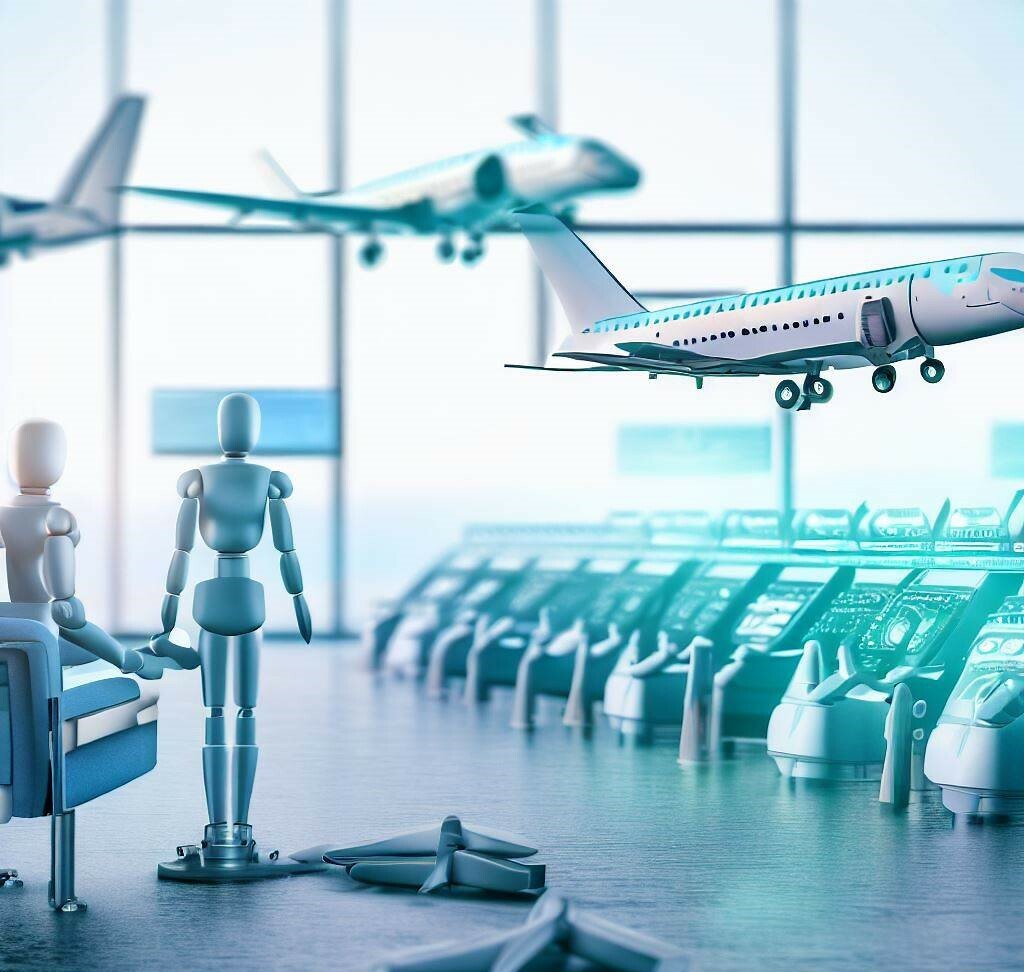The COVID-19 pandemic has significantly impacted the travel industry, with airlines struggling to cope with the disruption caused by the pandemic. One of the major challenges for airlines has been handling the surge in customer service inquiries related to cancellations, refunds, and changes in travel plans. In response to this, many airlines have turned to AI technology to provide better customer service and support during this difficult time.
AI-powered chatbots and virtual assistants are being used by airlines to provide 24/7 support to customers. These chatbots use natural language processing (NLP) and machine learning algorithms to understand customer inquiries and provide relevant responses. They can handle a wide range of inquiries, from booking changes to baggage allowances, and can even provide real-time updates on flight schedules and delays.
By using AI technology, airlines can significantly reduce customer service wait times and improve the overall customer experience. Chatbots can handle multiple inquiries simultaneously, allowing airlines to provide instant support to customers, which can be especially helpful during times of high call volumes.
Furthermore, AI technology can also help airlines to identify patterns in customer inquiries and feedback. By analyzing data from customer interactions, airlines can gain valuable insights into customer preferences and pain points, allowing them to improve their services and better tailor their offerings to customer needs.

However, there are also some potential drawbacks to using AI in customer service. One of the main concerns is that AI-powered chatbots may not always be able to provide the level of personalization and empathy that human customer service representatives can offer. While chatbots can handle routine inquiries and provide quick responses, they may struggle with more complex inquiries that require a human touch.
Additionally, there is a risk that AI-powered chatbots may give inaccurate or incomplete information, leading to customer frustration and dissatisfaction. It is important for airlines to ensure that their chatbots are properly trained and regularly updated to avoid such issues.Despite these concerns, AI technology is likely to play an increasingly important role in the airline industry in the years to come. As airlines continue to face challenges related to the pandemic and other disruptions, the ability to provide fast, efficient, and personalized customer service will be critical for maintaining customer loyalty and satisfaction.
Moreover, AI technology can also be used to improve other aspects of the travel experience, such as personalized recommendations for flights, hotels, and activities, based on customer preferences and past behavior. This can help airlines to differentiate themselves from competitors and provide added value to customers.
In conclusion, AI technology has the potential to transform the airline industry by providing faster, more efficient, and more personalized customer service. While there are still challenges to be addressed, the benefits of AI in customer service are significant, and airlines that embrace this technology are likely to gain a competitive advantage in the marketplace.
